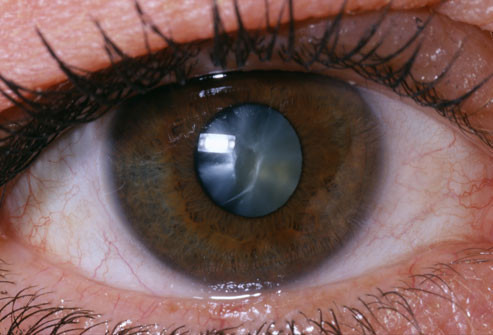Tony Urey, M.D., went into medicine for the same reason many of his medical school friends did: to give their low-income Hispanic and Latino communities better health care. Many of those students became family doctors, but Urey decided to specialize in the heart.
The 33-year-old’s trajectory is unusual. Most Hispanic and Latino doctors are internists or general practitioners, according to data from the Association of American Medical Colleges. As of 2013, there were 1,044 U.S.-trained Hispanic and Latino cardiologists practicing in the United States – less than the number who went into surgery, psychiatry or emergency medicine.
As a cardiology fellow, Urey is specializing in advanced heart failure and transplantation at UT Southwestern Medical Center in Dallas. In medical school, Urey said he and his classmates had little exposure to cardiology in their training.
“I think that the exposure or the opportunities to serve the community in other areas [besides primary care] are not really well-explored by a lot of undergrads and medical students,” said Urey, a Los Angeles native who wanted to become a doctor because his mother struggled to get good care in the county health system.
Experts say they wish more medical students chose to specialize in cardiology. But getting more racially and ethnically diverse cardiologists to treat patients in their respective communities is especially important. Research shows minority patients, when given a choice, often seek out doctors from their same race or heritage.

Urey decided to go into cardiology during his residency. But medical school programs and practicing cardiologists should start engaging kids in elementary school, said Chicago cardiologist Kim A. Williams, Sr., M.D., chief of cardiology at Rush Medical College and a past president of the American College of Cardiology.
The first task is to get them interested in science, he said, and as they get older to talk about medical school and cardiology.
“It really has to do with the [education] pipeline,” said Williams, who is African-American. He often talks to high school students about going into medicine but said he and his peers should do more to work with school districts.
Williams is the head of cardiology at Rush University Medical Center and co-chair of ACC’s new initiative to encourage more women and ethnic and racial minority physicians to pursue a career in cardiology. Available U.S. demographic data from ACC show about 7 percent of its physician members identify as Hispanic or Latino.
Medical schools also targeting their efforts.
Duke University School of Medicine has come a long way in changing the makeup of its student body since pediatric cardiologist Brenda Armstrong, M.D., was a resident there in the mid-1970s. Armstrong was among faculty members who in the ’90s pushed to increase the number of minority medical students.
“We have built — and it’s taken time — an understanding that this is a place where diversity is valued,” said Armstrong, the medical school’s associate dean of medical education and director of admissions for more than 20 years.

Ohio State University’s medical school made it a priority more than a decade ago to recruit minority candidates for its cardiology fellowship program. Before 2007, the program had not had an African-American or Hispanic trainee since it started in 1967.
Alex J. Auseon, D.O., was the Ohio State program’s director from 2010-2015. “We knew we couldn’t just do it at the end of the line,” he said. “We had to [get them interested in cardiology] early.”






